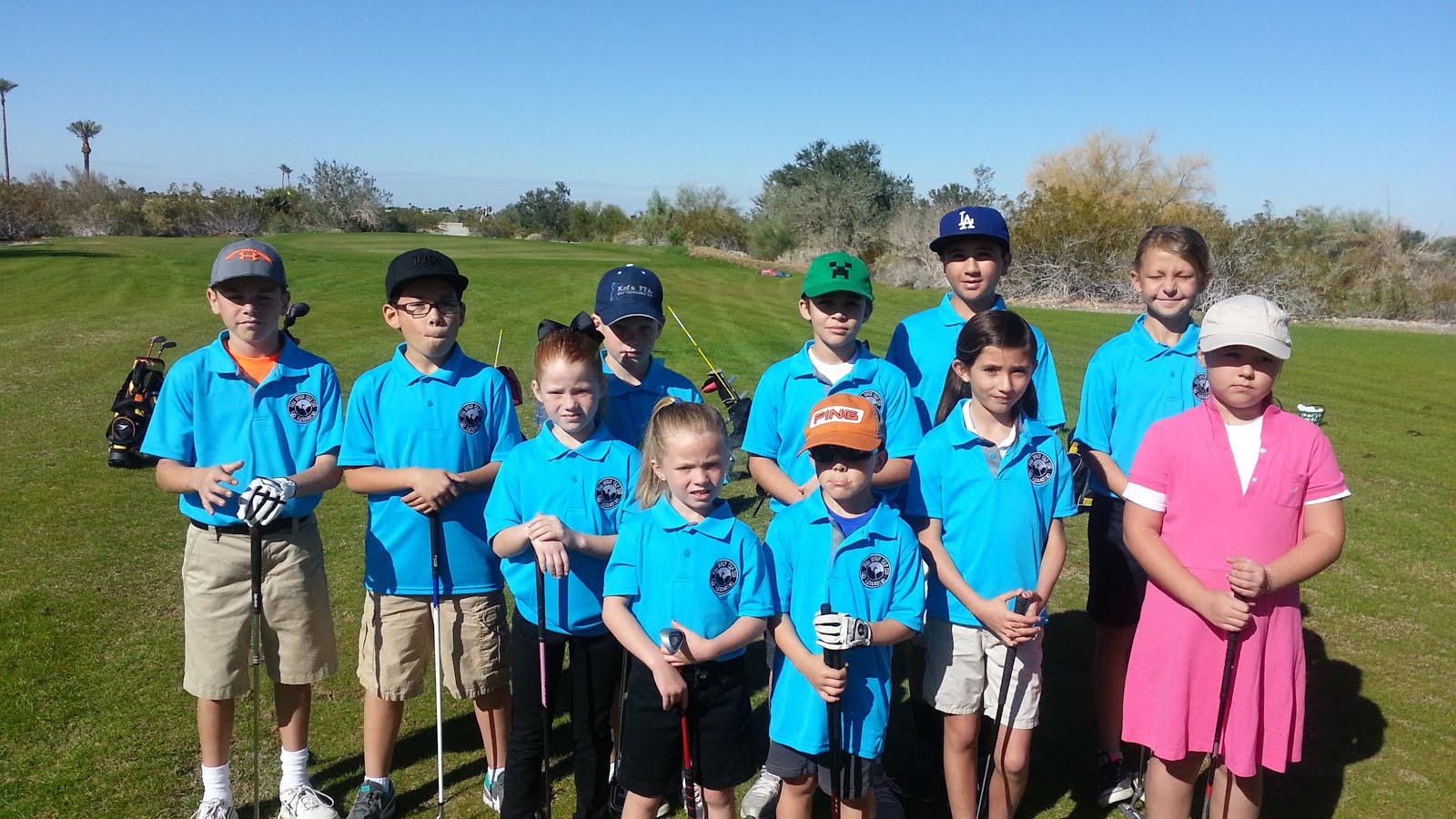Pace of Play Basic Guidelines – Daily Fee Operation
Most if not all slow play issues can be solved before the first player tees off in the morning.
Rangers are the last resort.
Most slow play issues are due to:
o Looking for lost balls
Tall Rough especially in the growing season
Tall weeds along hazards.
o Delays caused by the golf course operation
Poorly staffed check in procedures
Delays making the turn at clubhouse for food, beverage
Mobile beverage cart moving backwards from 18 to 1.
No weeds, the golfer will know ball is lost.
Forwards preferable
Parked optimal
Golf shop must also let golfers know if there is a mobile beverage cart
available and advise if the beverage cart is
o Moving forward and will serve them on the teeing ground of the
next hole
o Mobile and where they are located
Directions to golf course difficult to navigate (no signage)
Not enough rest rooms available
Traffic patterns for golf carts made difficult because of course design
Not changing tee time spacing when course has conditions such as cart path
Above could cause legal issues
Mostly poorly placed bunkers and cart paths.
only
When checking people in pro shop staff should make players aware of current pace of play
expectations
o If there is a starter available, starter can repeat to customer
o This policy also lets “fast” players know what to expect. Also if there is a twosome
between groups of four, let them know the pace and to relax and take their time.
In busy time periods, avoid letting faster players through if groups are on pace.
Letting faster players through will back the course up in a short period of time.
Within four groups, the pace overall can go up as much as ten to fifteen minutes.
On the first tee
Rangers
o Avoid letting golfers tee off early if there is a full tee sheet. The spacing will decrease
and eventually back up.
o If first hole is a par four, do not allow groups to tee off until the group ahead is on or
near the green. More spacing issues.
o If course has Rangers, starter will let players know that Rangers are there to help them.
o Repeat message of beverage cart service availability
o Hire forecaddies or player assistants instead of Rangers –
Motorists always slow down for police even if they are under the speed limit. For
a lot of golfers, they see rangers as golf course police because of previous
experiences at other facilities. Don’t fall into this trap.
o Train all golf staff as forecaddies including the range kid
Also, train mobile beverage cart staff to notice unusual spacing on busy days
If forecaddies/player assistant staff can save a single foursome an average of 2
minutes a hole, if it take 9 holes to catch the group in front, this equates to
picking up 18 minutes. Could possibly translate from a 5.5 hour round to a more
desirable 4.5 hour round.
o Too many golf courses determine if a group is slow because they have fallen behind the
group in front. All forecaddies should have a tee sheet and know a groups actual
starting time and cart number (cart signs help). This way, they know if a group is “in
Position”.
o A good standard is 15 minutes a hole for par 4 & 5 and ten minutes for par 3’s. Add ten
minutes for making the turn, bathroom stops and this ends up being 4 hours and 20
minutes.
o If you have special events such as a club championship or competition, it is advisable to
have extra staff. Your regular golfers will appreciate it greatly and spend more time at
your course.
I like the idea of rangers being a last resort. Course Assistants should be more than just "golfer herders" but have the main task of assisting golfers and make their round and experience on the course more enjoyable. They are not "Traffic Cops". The comments about why play slows up are also very telling.
Thank you for sharing this Wayne, and I look forward to you sharing more of your thoughts.
 |
| Let's keep it moving out there. |

No comments:
Post a Comment